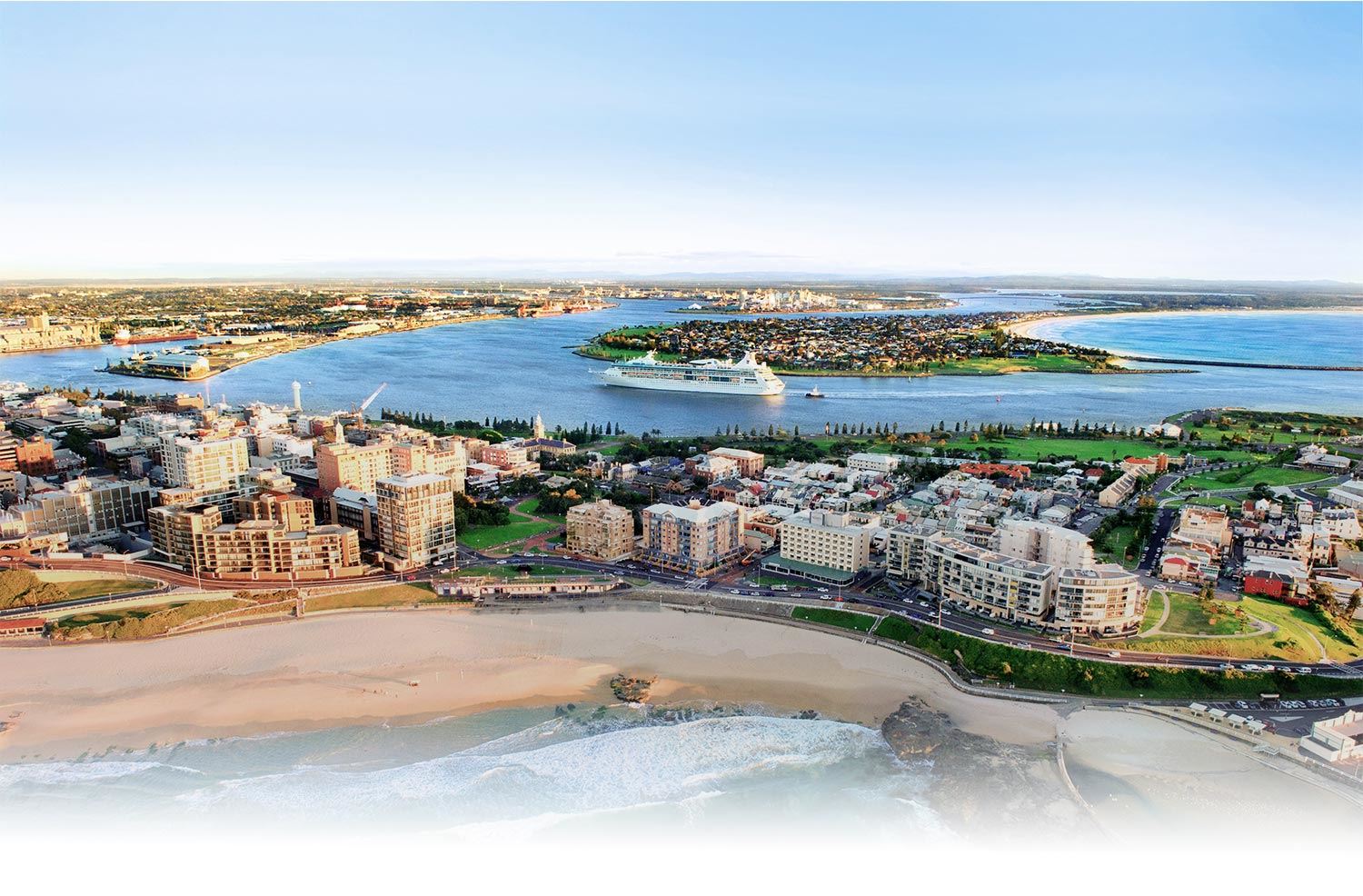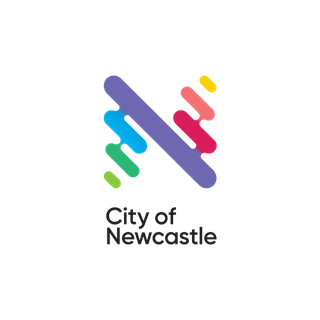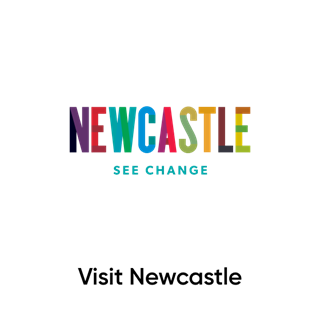
Widespread support delivers tick of approval for record Budget
28 Jun 2022
A historic Budget that balances record infrastructure spending with long-term financial sustainability, as well as a return to surplus has been approved by City of Newcastle’s elected Council and follows widespread community support expressed during community engagement.
Council voted last night to adopt the $424 million Budget, paving the way for a record $132 million infrastructure spend on projects including the long-awaited expansion of the Newcastle Art Gallery, the much-needed revitalisation of the Newcastle Ocean Baths, the construction of two major recycling facilities and a record spend on new cycleways.
The Budget forecasts a modest surplus of $1.3 million, which will see City of Newcastle (CN) deliver a balanced budget for the first time since the COVID-19 outbreak and its impact on the economy.
Lord Mayor Nuatali Nelmes said the largest works program in CN's history will play an important role in delivering on the community’s vision of Newcastle as a liveable, sustainable, inclusive global city.
"City of Newcastle’s 2022/23 Budget received an overwhelming endorsement from the community during the public exhibition period with its focus on delivering everyday benefits for residents, as well as major city-shaping projects that will leave a legacy for future generations to enjoy," Cr Nelmes said.
"We're investing in infrastructure where it matters most to our community, with $16 million for upgrades to local roads, bridges and footpaths, $5.9 million on stormwater upgrades to address flooding to property and businesses and $4.4 million for improving Newcastle’s cycleway network, as well as $15.3 million for new and improved parks, playgrounds, sporting and aquatic facilities including $5.8 million towards the rehabilitation of the pool and lower promenade at Newcastle Ocean Baths.
"A significant investment is being made to reduce the amount of waste going to landfill and increase recycling, with $9.4 million to begin construction of a fully-enclosed organics processing facility and $5 million towards planning a new material recovery facility for plastics, paper, cardboard, glass and metals collected from kerbside recycling bins.
"We'll also continue to invest in environmental sustainability with $8.2 million for a range of projects including planting 2,000 street trees and $2 million towards further rehabilitation of Ironbark Creek.
"Our Budget is a commitment to investing in projects that are fundamental to improving the way we work and live, as well as ensuring we continue to be an attractive destination for visitors and businesses."
Other Budget highlights include:
- $18.6 million towards protecting the RAMSAR-listed Hunter Wetlands by remediating and improving environmental management of the former Astra Street landfill site in Shortland
- $17.4 million to kick off construction of the Newcastle Art Gallery expansion
- $6.7 million towards urban and city centre revitalisation, including Hunter Street Mall works and the Local Centres program with upgrades underway in New Lambton, Stockton and Shortland and planning underway for future works at Georgetown and Waratah
- $4 million to enhance economic development, tourism, smart city initiatives and improve customer experience
- $2.1 million for community infrastructure and amenities (public toilets, community buildings and caravan parks)
- $1.3 million to continue implementing available actions from the Stockton Coastal Management Plan while a pathway to mass sand nourishment is determined by the NSW Government.
City of Newcastle CEO Jeremy Bath said while COVID-19 had caused enormous financial challenges, prudent financial management will allow CN to return to a surplus budget of $1.3 million.
"City of Newcastle is forecasting a positive net operating result in 2022-2023, which is an indicator of the underlying financial strength of our organisation," Mr Bath said.
"Ratepayers will be spared the full force of recent inflation with rates to rise by just 2.5 per cent as decided by the Independent Pricing and Regulatory Tribunal (IPART), with the average ratepayer seeing their rates increase by $10 per quarter.
“The Budget also continues our commitment to stimulating the local economy, with independent modelling showing our record infrastructure program will create up to 740 new jobs while providing the local economy with a $325 million boost."













